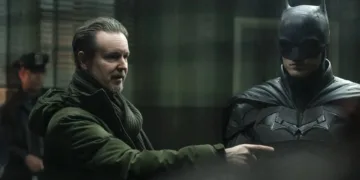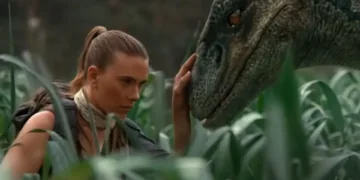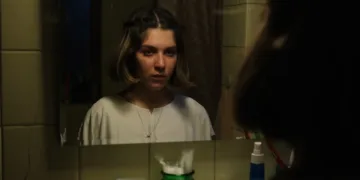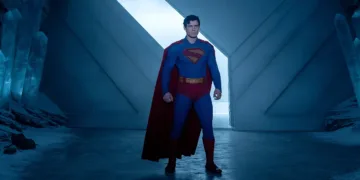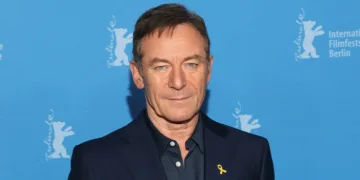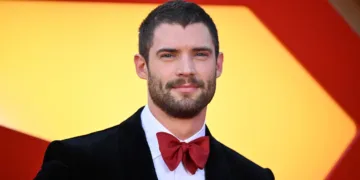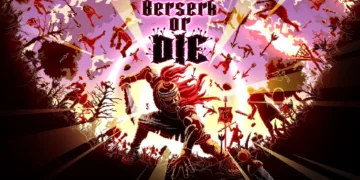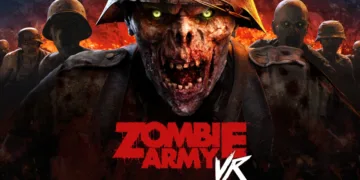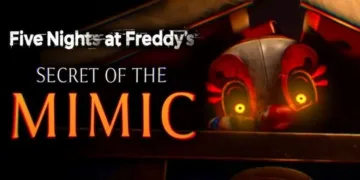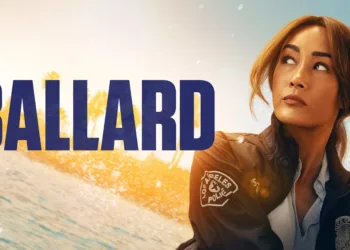There are stories that lie dormant, buried under the weight of time and indifference, only to resurface with a chilling persistence. The Fox Hollow Murders: Playground of a Serial Killer, a multi-part docuseries, unearths one such harrowing account. The series draws us into the affluent Indianapolis suburbs of the 1990s, a place of outward calm that concealed the horrifying acts of Herb Baumeister.
Behind the facade of a successful businessman and family man, Baumeister operated from his Fox Hollow Farm estate, a property that would eventually yield a horrifying secret: nearly 10,000 human bones and fragments. This was a man of stark dualities, frequenting the city’s gay nightlife scene, a world then pushed to the margins of a largely conservative society.
The series doesn’t merely recount these grim events; it connects them to the present, spotlighting the dedicated efforts of Hamilton County Coroner Jeff Jellison, who, armed with advancements in DNA technology, endeavors to give names to the forgotten and offer a measure of solace to families still waiting for answers decades later. The atmosphere is appropriately somber, a respectful examination of a dark chapter.
Unpacking the Past: Investigations Intertwined
A docuseries like this often functions as a kind of historical detective story, and The Fox Hollow Murders structures its narrative around two distinct but related investigative threads. We are first taken back to the 1990s, where law enforcement, prompted by a tip from a man named Mark Anthony Goodyear, began to scrutinize Baumeister.
The series is unflinching in its depiction of the era’s societal fabric, particularly the strained relationship between police and Indianapolis’s gay community. It suggests that the initial disappearances of men from local gay bars were met with a troubling inertia, sometimes dismissed or wrongly attributed to the ongoing AIDS crisis.
Baumeister’s subsequent suicide in Canada effectively truncated the original inquiry, leaving many remains unidentified and theories of potential accomplices unexplored. This historical inertia forms a poignant counterpoint to the series’ second thread: Coroner Jeff Jellison’s contemporary mission.
The impetus for Jellison’s renewed focus, spurred by Eric Pranger’s plea for his dying aunt regarding her missing son, Allen Livingston, injects a deeply human element into the scientific pursuit of identification. The filmmakers use this dual timeline to show how investigative blind spots, perhaps shaped by the biases of a previous era, are being re-examined through a modern lens, offering a sliver of hope to those long left in the dark.
Faces in the Frame: Portraits of a Tragedy
The series populates its narrative with individuals who are, by turns, enigmatic, dedicated, and deeply affected. Herb Baumeister himself is presented as a chilling enigma: the proprietor of a successful thrift store chain, a husband and father, whose veneer of normalcy crumbled to reveal a predator.
The series details his methods, including luring victims from gay bars, often using an alias, back to the infamous Fox Hollow Farm, particularly its unsettling indoor pool, when his family was absent. In stark contrast stands Jeff Jellison, the Hamilton County Coroner. His portrayal is one of quiet determination, a figure driven by a professional and ethical imperative to bring closure, however painful, to the victims’ loved ones.
Then there is Mark Anthony Goodyear, whose initial tip was crucial. The series seems to present his testimony with a degree of scrutiny, detailing his strange encounter with Baumeister involving mannequins and autoerotic asphyxiation, while also noting shifts in his story. This creates a certain unease around his account, a thread of unresolved tension.
The inclusion of victims’ families, their enduring grief and need for answers, provides the essential emotional anchor, reminding us of the human cost. Reenactments, a staple of the genre, are used here to visualize key locations like Baumeister’s pool, aiming to immerse the viewer in the story’s darker corners without resorting to gratuitousness.
Justice Deferred: Reflecting on a System and its Scars
The Fox Hollow Murders operates as more than a chronicle of a serial killer; it is a reflection on how justice can be delayed, and in some ways, shaped by societal prejudice. A significant thematic undercurrent is the persistent pursuit of accountability for men whose disappearances, the series argues, were not given the urgent attention they deserved, partly because they were gay in a less tolerant time.
The show raises difficult questions about potential institutional neglect and the possibility that Baumeister did not act entirely alone – a point underscored by Coroner Jellison’s own expressed doubts about one man single-handedly managing the disposal of so many victims in the dense woods behind the farm.
While some true crime productions can veer into the lurid, this series, produced by ABC News Studios, generally maintains a journalistic style, focusing on the facts of the case and the ongoing efforts to identify victims. It seems less interested in lionizing the killer than in honoring those he silenced.
By bringing a relatively lesser-known case, compared to the Dahmers or Gaceys of the true crime pantheon, to a wider audience, the series encourages a consideration of how such investigations were handled and the profound, lasting impact on communities. It leaves the viewer contemplating the slow, arduous path toward rectifying past oversights.
The Fox Hollow Murders: Playground of a Serial Killer is a four-part docuseries that premiered on Hulu on February 18, 2025. It follows Hamilton County coroner Jeff Jellison as he reopens a decades-old investigation into suspected serial killer Herb Baumeister, utilizing new DNA technology to identify human remains discovered at Fox Hollow Farm.
Full Credits
Director: Alex Jablonski
Producers: David Sloan, Jen Casey, Jacob Cohen-Holmes, Alex Jablonski, Victoria Thompson, Alex Walton, Nick Gilhool
Executive Producers: David Sloan, Jen Casey, Jacob Cohen-Holmes, Alex Jablonski, Victoria Thompson, Alex Walton, Nick Gilhool
Cast: Jeff Jellison (Self)
Composer: Tyler Strickland
The Review
The Fox Hollow Murders: Playground of a Serial Killer
The Fox Hollow Murders: Playground of a Serial Killer offers a sobering and vital examination of a horrifying case, commendable for its focus on long-overdue victim identification and its critique of past investigative shortcomings. While its methodical pace might test some, the series succeeds as a respectful, culturally reflective piece that underscores the enduring quest for justice and the importance of remembering the forgotten.
PROS
- Shines a light on a disturbing, less-publicized true crime story.
- Emphasizes the dignity of victims and the current efforts for identification.
- Thoughtfully explores historical societal biases and their impact on justice.
- Maintains a respectful and serious tone throughout.
- Structured to effectively compare past failings with present-day resolve.
CONS
- The deliberate, journalistic pacing may feel slow to viewers seeking more rapid developments.
- Unsettling nature of some witness accounts might leave some questions lingering.
- The grim subject matter is inherently challenging.













